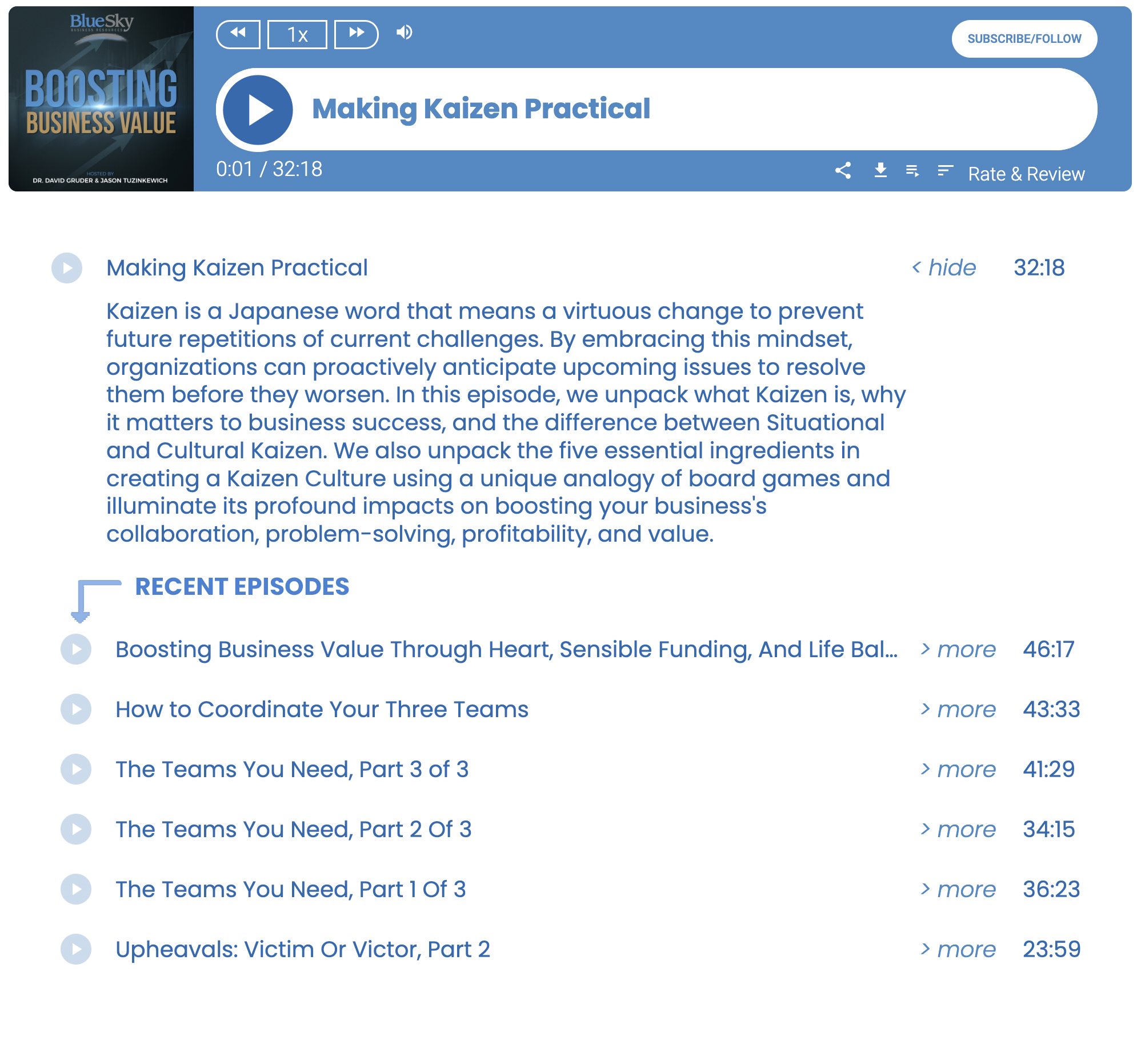Retainer vs. Contingent Work in Investment Banking

We all know the saying, “You get what you pay for.” It’s interesting that many founders forget this notion when it comes to investment banking. There are distinctly different outcomes for founders who use bankers on retainer and those who only use contingent efforts.
If you choose to go this path on your own, set a timeframe for success. If you are not successful, engage with a banker to avoid wasting more time.
Yes, investment bankers charge fees and retainers but your business is taken to market correctly and transactions are more likely to close.
If you allow enough time to make ongoing improvements to your business, then the percentage of closing is 80-90% and at a valuation that should align with what you expected.
Retained bankers are almost always exclusive on a deal, meaning a single bank is representing a client to the market. This means the one bank knows the business extremely well and is communicating a single pitch and vision of the business to investors.
Contingent work is most often non-exclusive meaning there are multiple banks, including the founding team of the business, reaching out to investors. This creates confusion in the market because investors will ultimately hear from multiple sources about the same deal. To the investor, they do not know which story to believe and the overall thought on the business is they are desperate and not coordinated in their process. An unorganized process will cause many investors to walk away.
Retained engagements receive dedication and focus from the investment bank. It is not uncommon for multiple bankers and advisors to be involved in building out the best possible story for their client. This means solid due diligence being done on the company prior to going to market, high quality materials being prepared (pitch deck, financials, Proforma), and founder coaching so when the investor meeting takes place the founder presents their business in the best possible light.
Without a retainer, an investment bank rarely has the resources or time to spend on building materials and properly getting the business to market.
Some processes can take 8-12 months from start to finish. To support non-retainer work, investment banks are often motivated to get to close as fast as possible which is not always aligned with the founder. Transactions run on contingency, if they even close, usually close below market value often leaving a bad taste in the founders mouth for the overall process. In speaking with founders who chose to do this either on their own or on contingency repeatedly have told me afterward, they now understood why an exclusive, retained process would have produced better results.
Investment bankers spend years/decades building relationships with strategic and financial partners.
Their investment into these relationships is worth millions to those founders who see the value of a properly run process. Founders should not expect bankers to just open up their relationships if they are not vested in the process. As good as a banker’s relationships are, that doesn’t guarantee an easy transaction or match. It is a hustle no matter how strong a business is. And let’s be honest, most companies (90%) need some help prior to going to market.
If a banker and founder are vested together in a process, the founder will allow time to get materials ready, make business improvements, and get ready for a successful transaction. When there is misalignment, there is pressure from the founder to the banker to force a transaction. There is also motivation on the banker’s side to get the deal done quickly. Misalignment will usually end in an unsuccessful “process”.
If you, the founder, believe you can do this without help, set a timeframe for yourself and your team. If you have not made traction, then utilize the services of an experienced investment banker.
Few final words of advice:
➊ Never take the first offer. If someone makes an unsolicited offer say no, unless the figure is well North of your expectations. If one acquirer has made you an offer, don’t you think there are others who would like an opportunity? Create a market for your business. Do not limit yourself to a single investor.
➋ No matter the offer, you will need to be a strong negotiator. Many investors give you a range of value based on due diligence. They will use that time in due diligence to push down the value of your business. You will need to know how to counter their points and hold tight to the top end of their range.
➌ Another bit of advice, track who you have reached out to, the outcome of that outreach and any next steps. All of this will be highly valuable for your banker.
➍ If you have not had time to reach out to at least 100 investors, received feedback and learned from that feedback then you have not put in the necessary effort on your own to get your business funded.
➎ Success for a founder-focused investment bank like Blue Sky is achieved through supporting a founder through multiple transactions (growth equity and buyside) all the way to a massively successful exit where any fees or retainers paid are insignificant when you consider the value of the business exit we were able to create together.
BY: JOE MILAM
BLUE SKY BUSINESS RESOURCES
Have you Checked Out Our Podcasts?
Check the Vitals of Your Business
Our new Business Resource Portal includes a variety of surveys that gauge your business health. It's free to use and includes real-time feedback and recommendations. Try it for yourself >



0 comments
Leave a comment
Please log in or register to post a comment